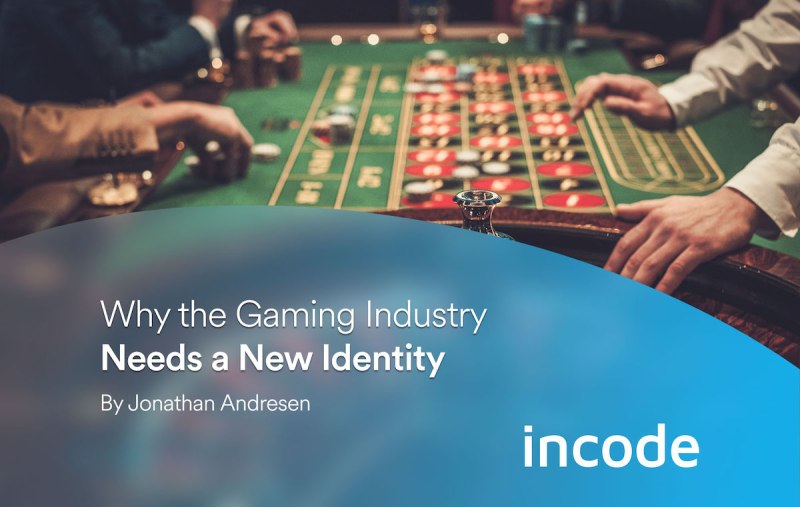One of the biggest growth areas in the entertainment industry in recent years has been the rising popularity of online casinos and gambling. The Covid-19 pandemic has helped to fast track the projected value of the global gambling market to over $94 billion USD over the next two years. As online casinos gain in popularity, gambling regulations have become more stringent worldwide.
Online casinos, like physical casinos, process transactions worth millions of dollars, making them just as important as banks or financial institutions. As such, online casinos need to comply with stricter regulations and implement serious measures to prevent unscrupulous individuals from using them for identity theft, fraud, money laundering, and other financial crimes that leverage false identities.
In fact, the stringency of online casino gaming regulations is forcing operators to expand their compliance teams. Operators will need to invest more in AML (anti-money laundering) measures, and implement KYC (know your customer) processes in order to verify the real identity of players, including age verification and personal details through a passport or driver’s license. At the same time, these identity verification processes must be scalable, easy to implement, protect user privacy and not impact the customer experience so as to lead to a loss of competitiveness.
Yet compliance and verification have become more difficult with a rise in data security leaks, increases in identity theft, and advances in technology. This has made it harder to detect fake physical IDs with traditional identity solutions that rely on some aspects of human interaction or disparate third-party platforms. In the United Kingdom, the Gambling Commission has already issued the relevant warnings to companies to order that they take these security protocols seriously to avoid facing sanctions potentially worth millions of pounds.
Biometric verification solution
Biometric verification solves these issues with a seamless customer-friendly approach to confirming user identities while fast-tracking the on-boarding process for gamers. Using biometric verification, the managers of gaming companies can avoid run-ins with law enforcement and gaming commissions by ensuring that fake IDs are caught, and all players are 18 years of age or older. All attempts to use fake IDs are instantly and efficiently detected. What’s more, in-person casinos require physical identification for guest entry, jackpot collection and the purchase of alcoholic beverages. Biometric verification simplifies and improves the accuracy of the age verification process. Digital IDs also leverage a database of individuals barred or blacklisted from venues that are updated in real-time, keeping the venue’s security intact.
First generation biometric technologies implemented by early adopter gaming companies – both brick-and-mortar casinos and virtual ones – filled an initial need pre-COVID-19, but have since struggled in production to scale to meet the requirements for a fast, highly accurate and privacy-first identity platform that fully minimizes compliance risk and improves the customer engagement experience. Advanced biometric verification provides the complete solution needed to make digital transformation a reality for the gaming and gambling industry.
Whether virtual or in-person, gambling organizations and gaming companies that can implement a compelling customer experience will become the market leaders in their segment. Safe and secure digital IDs, powered by machine learning and AI, are critical to delivering on the potential of true digital transformation in the entertainment industry.
To learn more about how Incode’s advanced biometric identity verification platform can transform your gaming and gambling customer experience while meeting your KYC and AML needs, download our Gaming Industry brochure.


